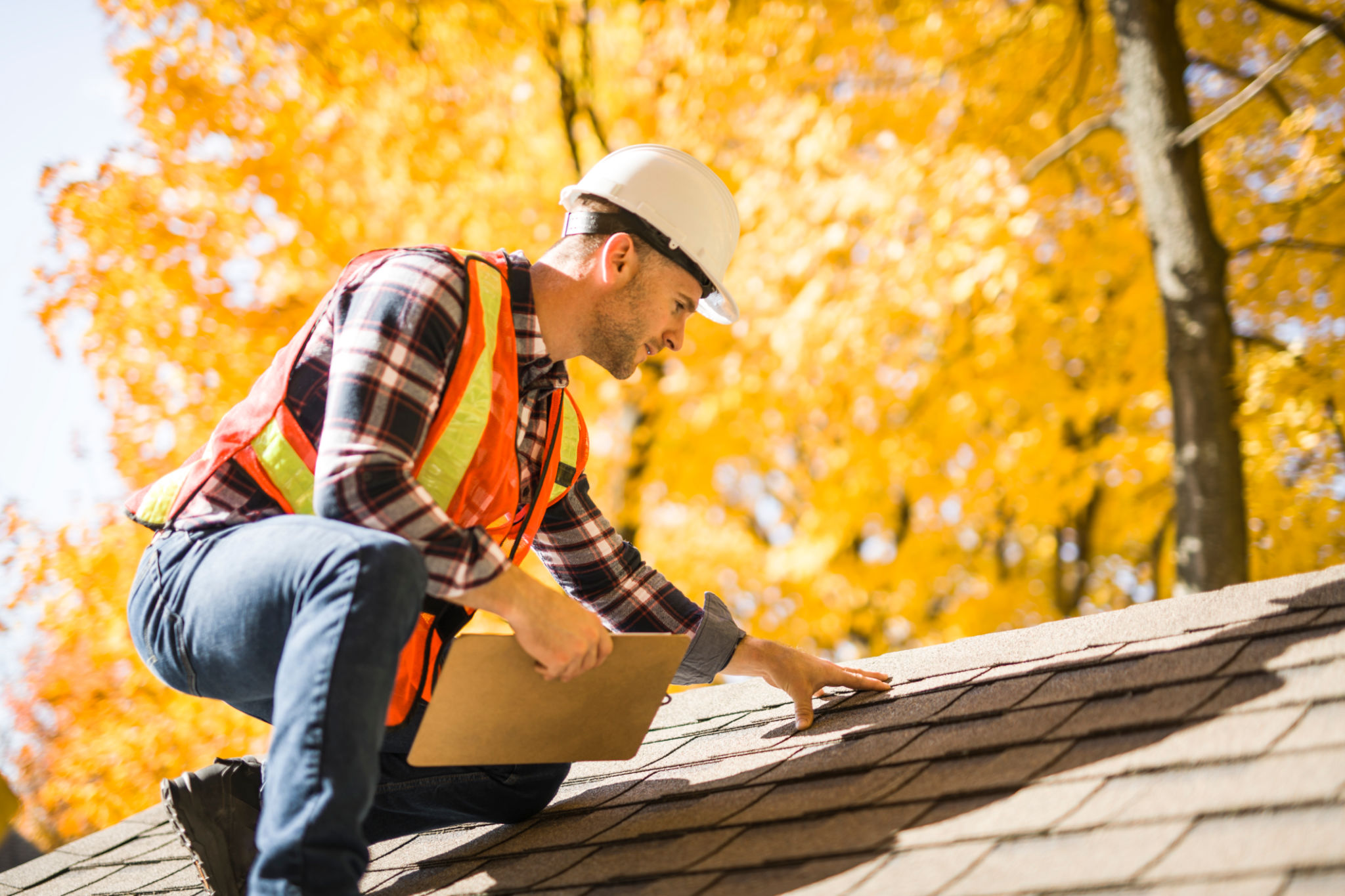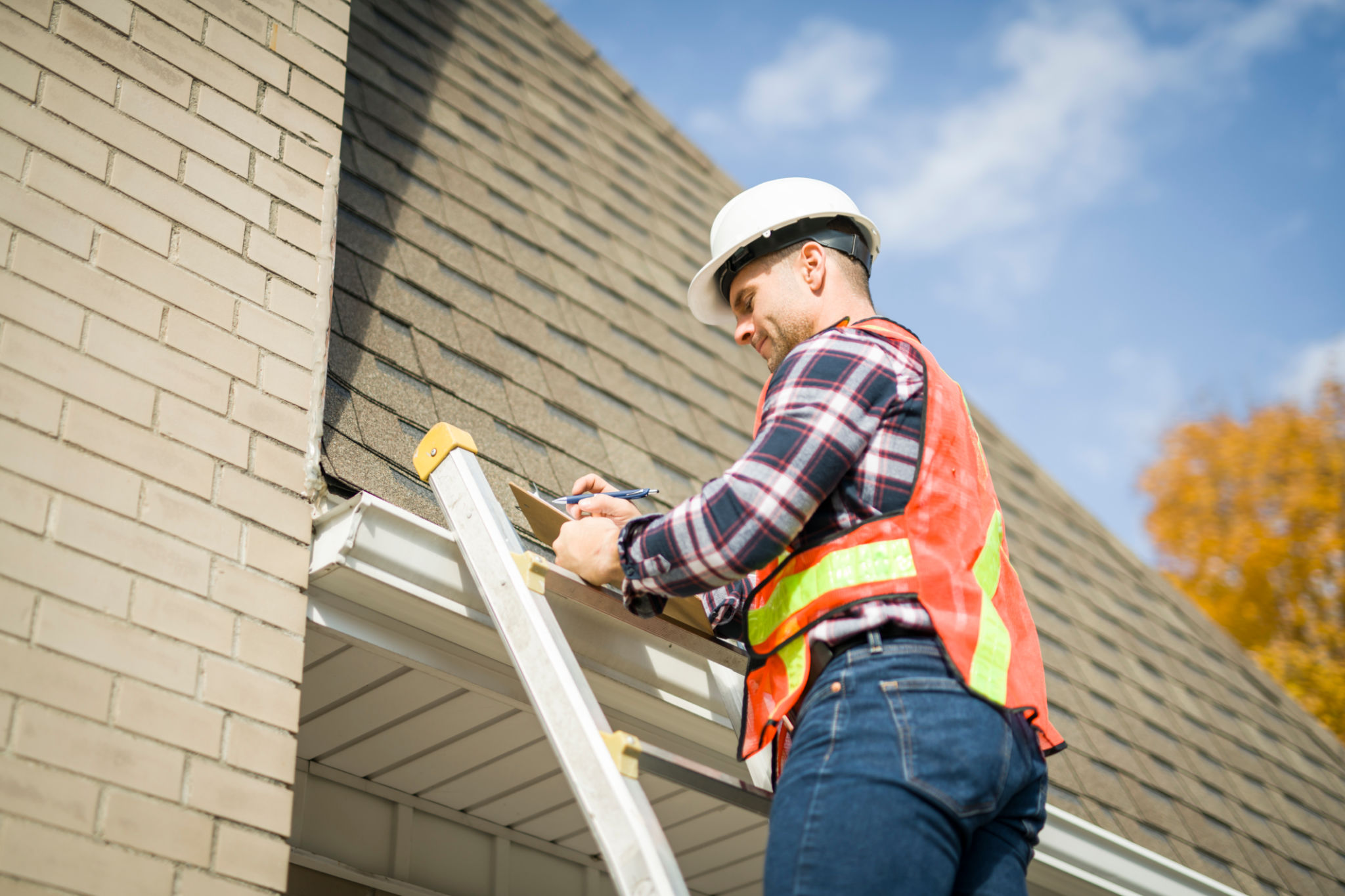A Homeowner’s Guide to Spotting and Fixing Roof Leaks
Understanding the Importance of Roof Maintenance
As a homeowner, maintaining the integrity of your roof is crucial to protecting your home from potential damage. A small leak can quickly escalate into a major issue if not addressed promptly. Regular inspections and timely repairs can save you both time and money in the long run.
Roof leaks are not only a nuisance but can lead to significant structural damage if left unchecked. By familiarizing yourself with the common signs of roof leaks and understanding how to address them, you can ensure your home remains a safe and secure environment.

Common Signs of Roof Leaks
Visible Water Stains
One of the first indicators of a roof leak is often visible water stains on your ceiling or walls. These stains may appear yellow or brown and typically indicate water has been seeping through your roof for some time. Pay close attention to corners and areas around chimneys or vents, as these are common entry points for water.
Mold and Mildew Growth
Mold and mildew thrive in moist environments, so their presence can be a telltale sign of a roof leak. If you notice musty odors or visible mold growth, it's important to investigate further to determine the source of moisture. Addressing mold promptly not only fixes the leak but also improves indoor air quality.

Steps to Fixing Roof Leaks
Identify the Leak Source
Before you can fix a roof leak, you need to identify its source. Start by inspecting the attic during daylight hours. Look for any areas where sunlight is peeking through or where there may be damp insulation. Alternatively, you can use a hose to simulate rain while someone checks for drips inside the attic.
Repair Minor Damage
If you discover small holes or cracks, these can often be repaired with roofing cement or waterproof sealant. For loose or damaged shingles, re-secure them with roofing nails and apply a layer of sealant to prevent future leaks. Be sure to follow all safety precautions when working on your roof.

When to Call a Professional
While many minor leaks can be addressed by the homeowner, some situations require professional intervention. If you're dealing with extensive damage, multiple leaks, or structural issues, it's best to consult with a roofing expert. They have the experience and tools necessary to perform comprehensive repairs safely and effectively.
Remember, attempting complex repairs without proper knowledge and equipment can lead to more harm than good. A professional assessment ensures that all potential problems are identified and resolved efficiently.

